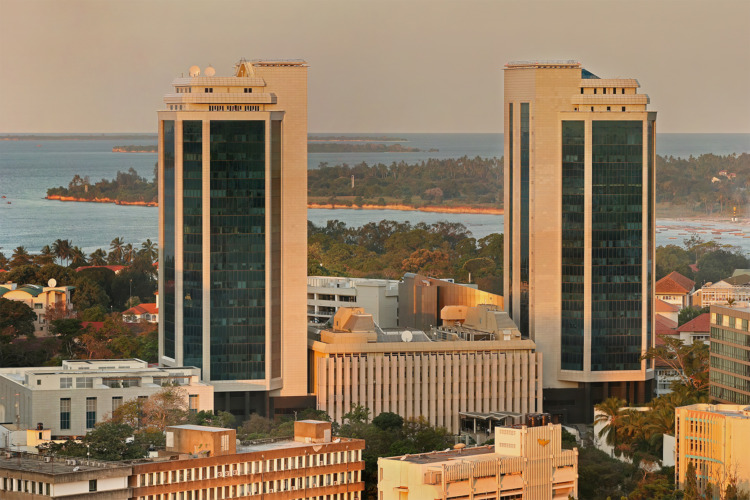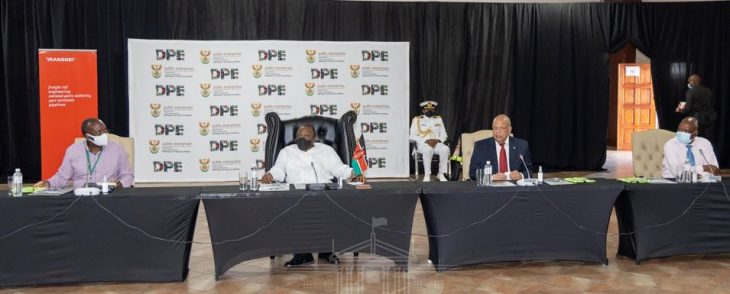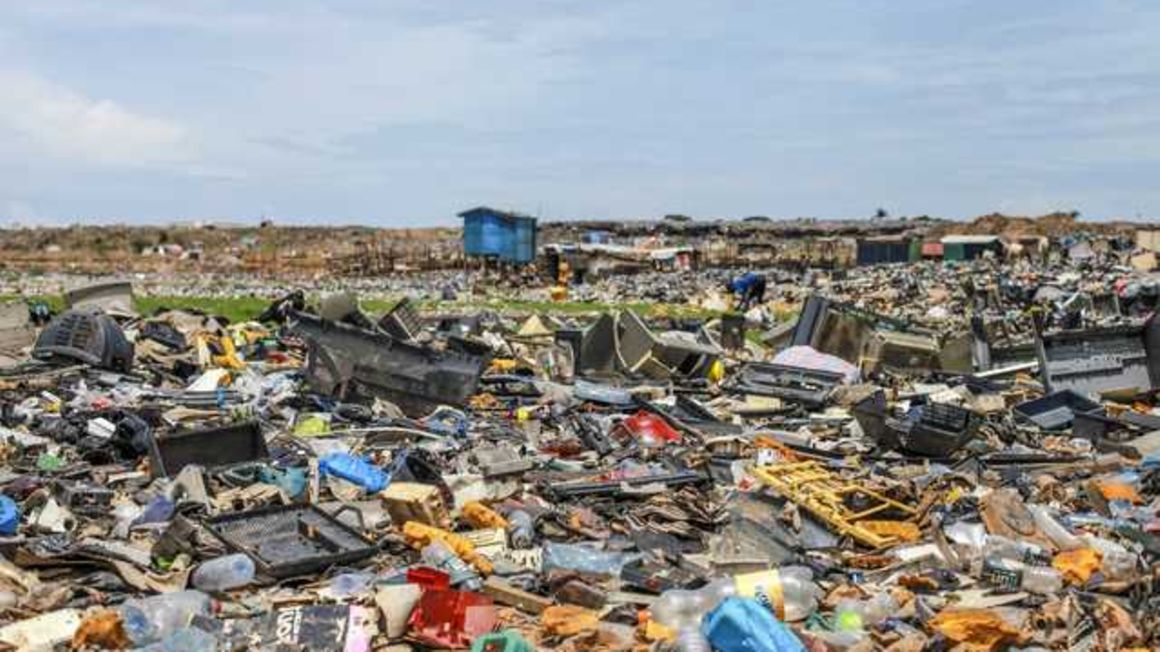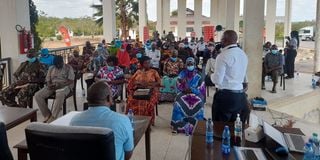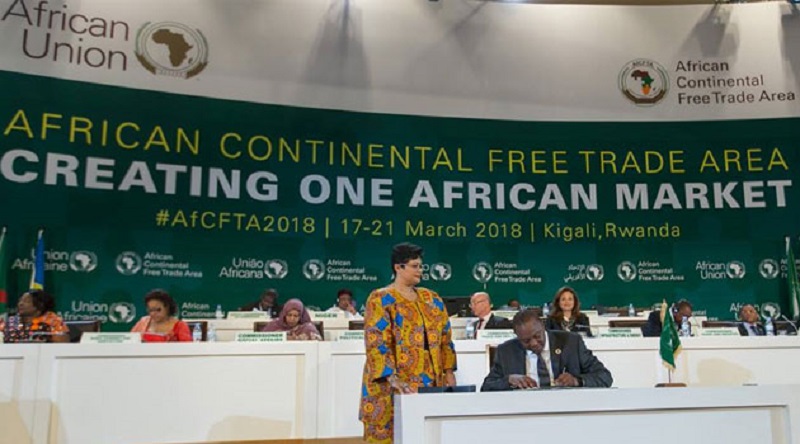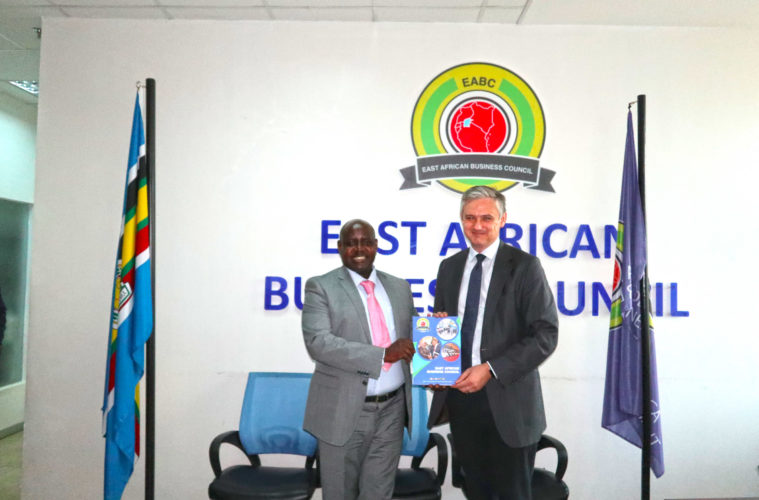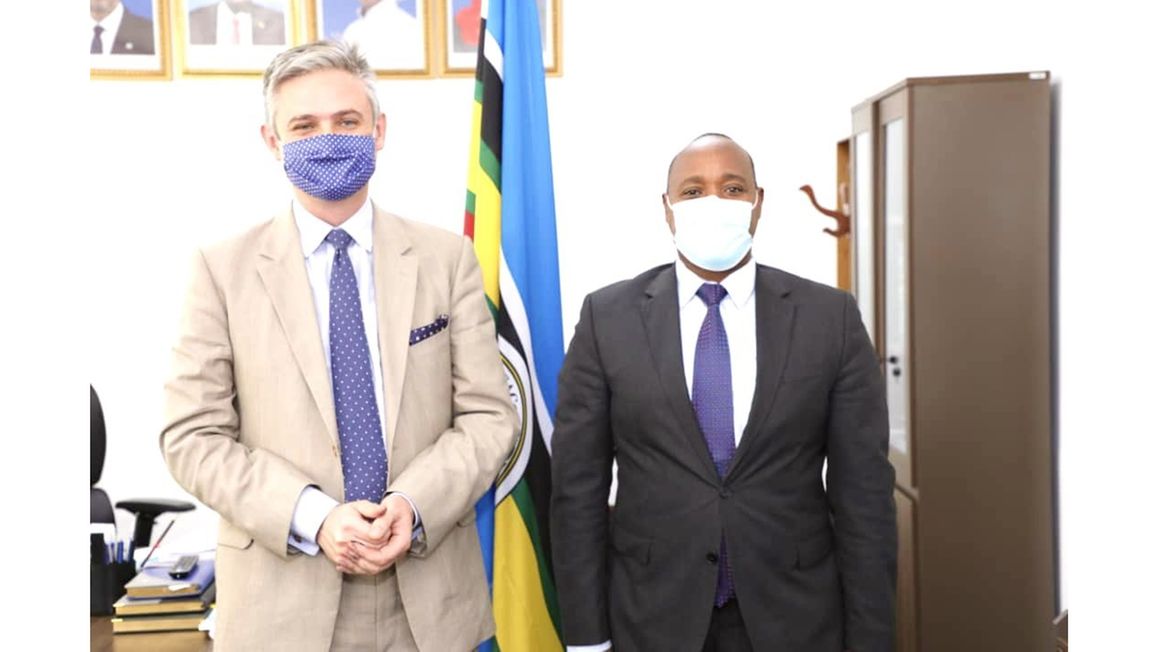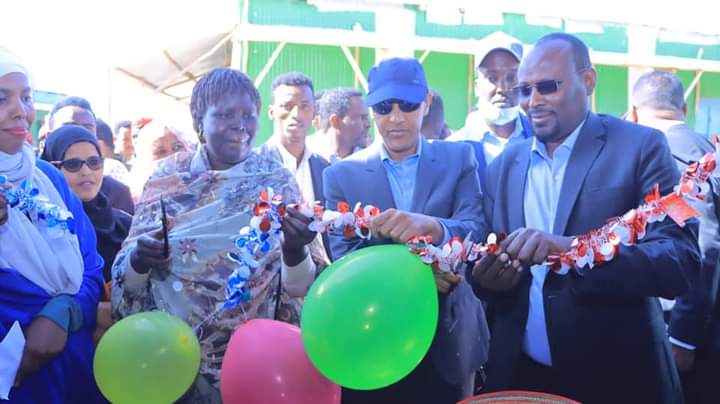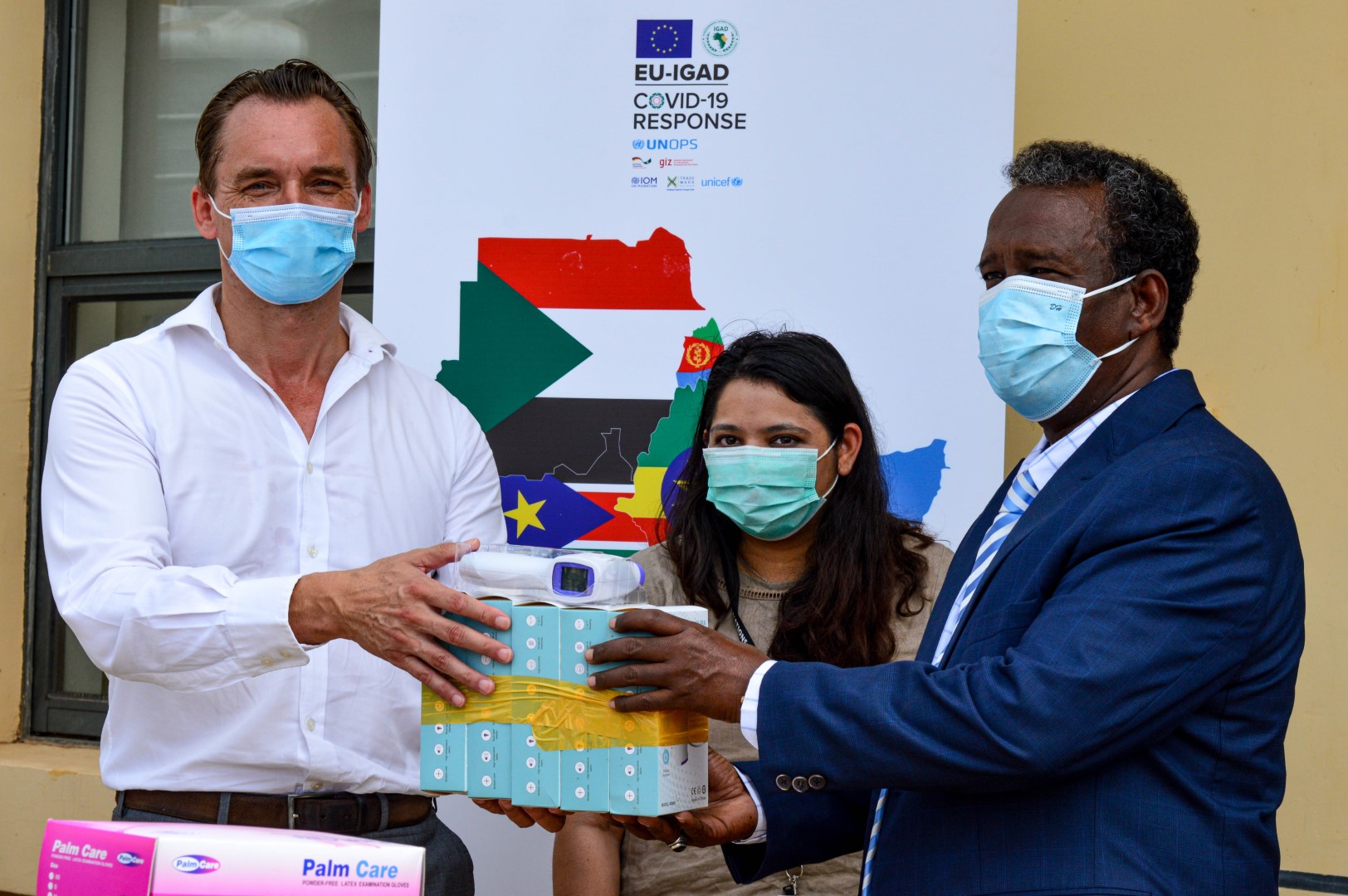Tanzania managed to attract Foreign Direct Investments (FDIs) totaling 2.9 billion US Dollars in five months between March and August. Tanzania’s total foreign reserves reached a historical high, sailing well above the regional benchmarks. The central bank attributed the reserve increase to exports of goods and services that increased by 6,1 percent. During the tumultuous period, of Covid-19 Tanzania’s economy largely operated under the premise of business as usual. Despite this approach, the country was less confronted with an unavoidable slowdown in some of its key sectors but not all may be tourism got its fair share of the effect of Covid-19, which resulted to the slowdowns in the economies of its key trading partners. In May 2020, when many countries in the region were starting to realize the full extent of the short- to mid-term economic crisis associated with Covid-19, the Monetary Policy Committee of the Bank of Tanzania issued a press statement that highlighted some changes to the banking landscape to help buffer Tanzania against the economic fallout from Covid-19. With many interventions put in place that period it is all rosy as the country has recorded rise of Tanzania’s forex reserves which have sparked optimism among local economists over the country’s economic prospects. Tanzania’s total foreign reserves reached a historical high, sailing well above the regional benchmarks thanks to export diversifications notably rice and edible vegetables. The increase in export earnings from these items helped to cushion the deficit of revenues generated from tourism impacted heavily by...
Tanzania records significant rise in forex reserves
Posted on: November 29, 2021
Posted on: November 29, 2021

